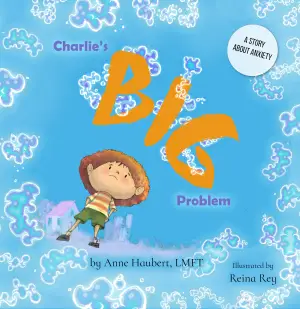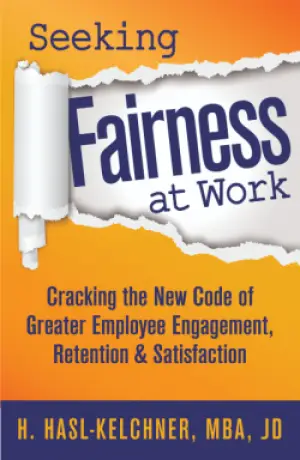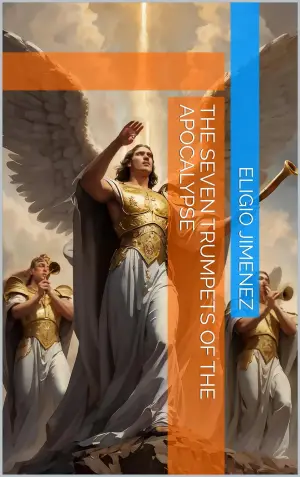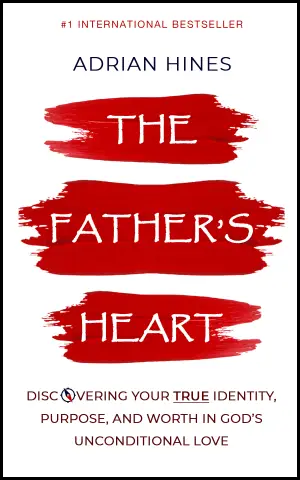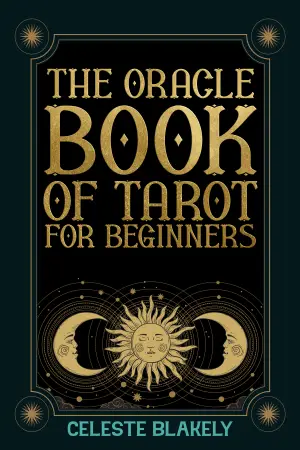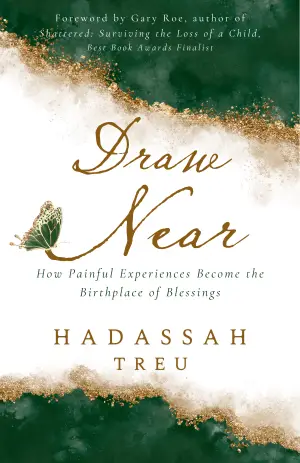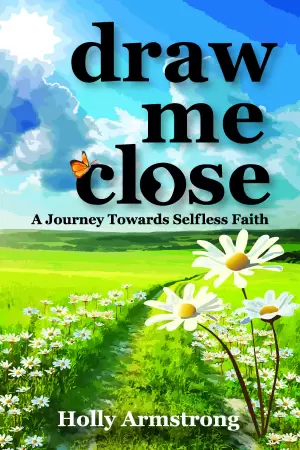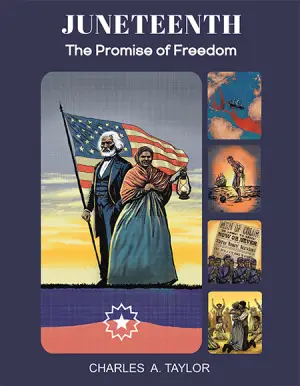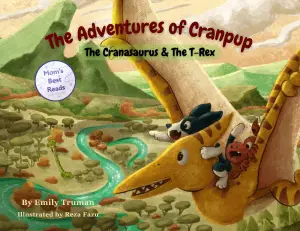Exploring Time and Humanity: A Reflection on The Time Machine by H.G. Wells
When I first stumbled upon The Time Machine, I was immediately drawn to H.G. Wells’ visionary prowess. A classic of speculative fiction, this book has lingered in popular culture for over a century, serving as a cornerstone for countless narratives. With its vivid imagination and profound insights into human nature, my curiosity was piqued.
Wells gifts us a concise yet monumental narrative, revolving around an unnamed protagonist, the "Time Traveler," who seeks not just adventure but understanding of humanity’s fate. The premise is striking: a journey into the distant future that reveals a startling evolution of society. Encountering the Eloi and Morlocks—symbolic descendants of mankind—the Time Traveler uncovers a dystopian reality defined by stark class divisions. This interplay of vulnerability and power ignites crucial questions about societal progress and regression. In a world where prosperity can easily turn into peril, it feels eerily relevant, inviting readers to reflect on contemporary issues of inequality and the disparity between the privileged and the underprivileged.
Wells’ writing style is a dance of both charm and sophistication. The prose flows smoothly, effortlessly allowing readers to navigate complex scientific concepts intertwined with his philosophical musings. I found the pacing particularly engaging; the narrative builds momentum as the Time Traveler thrusts forward through time, unveiling each new epoch with palpable tension. There were moments where I felt my heart race alongside his as he battled both monstrous foes and existential challenges. One quote that resonates profoundly with me is, “Our mental existences, which are immaterial and have no dimensions, are passing along the Time-Dimension with a uniform velocity from the cradle to the grave.” It invites a humbling realization about our own positions within time and space, sparking deep introspection.
What struck me most was the genius in Wells’ choice to leave his characters unnamed. This decision reinforces the universal themes present in the novel—focusing on ideas rather than individual identities. Instead of simply following his adventures, we are thrust into the contemplation of what humanity could become, reflecting our own essence within the faceless encounters and shared experiences.
As I turned the last page of this Mint Editions print, beautifully reimagined with crisp typography and thoughtful design, I felt a sense of fulfillment. This isn’t just a story about time travel; it’s a poignant exploration of hope, fear, and the indomitable human spirit navigating the unknown. I’d recommend The Time Machine to both seasoned sci-fi lovers and those new to the genre. Whether you’re after a thrilling journey, a thought-provoker, or a classic narrative, this slim volume packs an extraordinary punch.
In reading Wells, I found not only entertainment but a stirring reflection on our own existence in the linear march of time. It has left me curious about where humanity is heading—and what it means to truly move forward. If you’re ready to ponder your place in this grand tapestry of time, delve into The Time Machine. You may just find yourself transported into your own contemplations about what the future holds.
You can find The Time Machine (Mint Editions (Scientific and Speculative Fiction)) here >>

